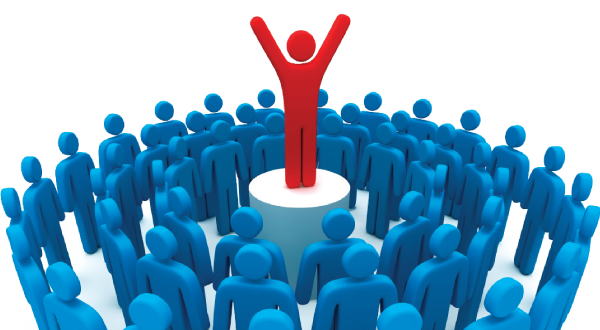( Conclusion of various studies on voting pattern)
Studies approve that social influences, candidate’s connectedness, are more productive than partisanship.
Twitter (X) and facebook are yet not an effective way of influencing the voters. These are gossip platforms.
People do vote but their choices are influenced by
many social and political pressures imposed by such as politicians, landlords, tribal heads, and biradries. Economic issues and poor law and order situation in the country has made the focus of the voters very narrow. Voting behavior of an ordinary voter in Pakistan has been characterized by ‘focus on local and personal issues’ rather than ‘national and collective issues’. Parochial approach towards national and local issues has changed the parameters of political choices during elections, which ultimately affect the democratic process.
Next election, scheduled in February 8, 2024 will be fourth poll in a row without any hinderance in political process in the country. Since 2013,
PPP-PML led bi-partisan political structure, the spectrum of political consciousness was limited. The last three general elections in Pakistan has given awakening to the voters and more so because of social media rise. But Voter‟s social neighborhood and membership of other groups have a strong influence over the
voting behavior of an individual. The association between voter‟s electoral behavior and the social groups he belonged to determine political preference. Voters do not cast their votes based on some reason, but to conform or to fit in one‟s social group. Even those who believe, they cast their vote based on some reason, they make a decision on the collective reason of their group, not based on one‟s own reason.
Electoral cleavage is maintained in social groups on the basis of class, ethnic and ecological divisions. Social determinants of electoral behavior identified by scholars are present in every society having minor variations.
Among other sociological factors that define voting behavior of an individual, peer group and family members also determine voting behavior. Gavin Stamp, a political reporter of BBC states that one- third of young adults claim that their voting decisions are influenced by their family members and peer groups According to Kudrnáč & Lyons, (2017), the young voters, who live with their parents, are influenced by their parents for voting.
Influence of family result into two decisions; to vote and decide whom to vote. Thus we may conclude that even turnout of the adult voting has a strong association with parental voting. In rural areas, the turn out is totally dependent on family values. The most influential social pressure is from within the household. For most young adults, the family is the most influential determinant in the democratic participation of youth particularly females.
It has also been found that canvassers from the same social group have more effect on voters‟ turnout.
In Pakistan‟s socio-political scenario, the society is divided in social groups on the bases of caste, class, and religion.
Biradrism has strong influence in the political alignment of the people . National-level politics does not follow these trends as much as local politics does; regional and local politics and candidates use the favors of major biradries to win their constituencies. A study conducted in two major districts of Punjab revealed that voting behavior is found to be influenced by the sociological model coupled with the authoritarian rule (Chaudhries and Vaderas). The structure of society itself does not allow free will to be executed for casting vote rather strict guidelines are imposed by authoritarian personalities such as feudal lords to influence voting decisions
. It is called passive political behavior.
In recent years, patterns of information production and consumption by the members of social groups have changed. todays voter is involved in the process of consumption and production of information at the same time. Technological developments have made communication more complex but facilitated interactivity and flexibility in communication process among the members of social groups.In a high choice media environment, the members of the social groups have many
strong connectedness with each other. In the socio-political tradition of Pakistan, It has been observed that the endorsements from family members and friends networks have a greater influence on voting and voting decisions .The voting behavior of voters of Sindh is above the quest of their needs and interests. Nevertheless, we argue here that this kind of voting behavior is not limited to Sindhi voters but behavior of the voters of other provinces especially for the province of Punjab . Partisanship is a psychological association of an individual with the political party which does not guarantee a vote. Election campaigns are only a signatory event. Effectiveness of electoral campaigns remains a question mark.People make their political choices based on some other psychological factors such as fear, aggression and selfishness. Personality of both, voters and their political leaders, determine voting preferences. Voters tend to find similarity between their personality and their preferred candidates. Study found a significant influence of personality traits, rather than political ideology. Candidate’s connectedness is more likely to win more votes as compared to the services provided to voters in past.
Electoral Process is dominated by Social Influencing
newdesk
85 posts
Prev Post
Next Post


